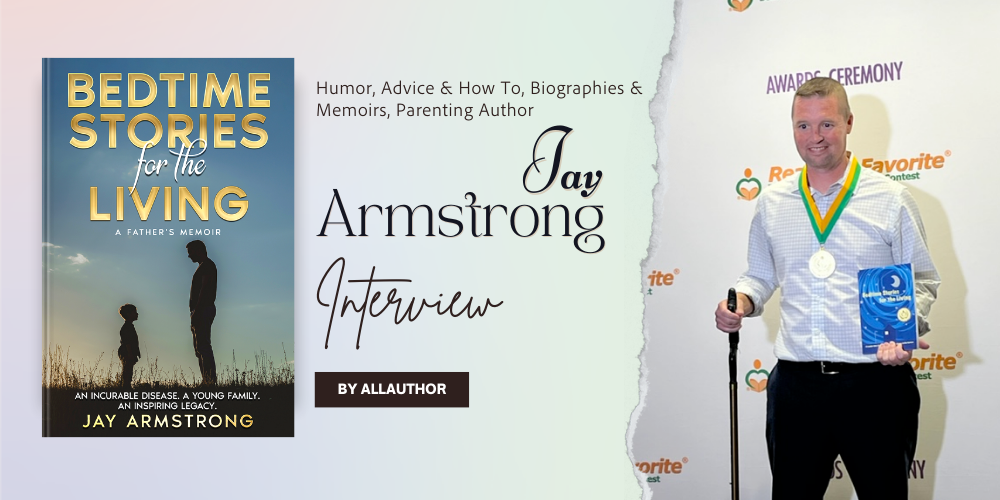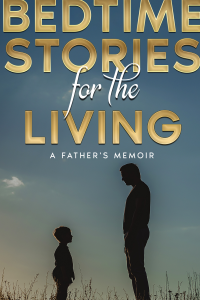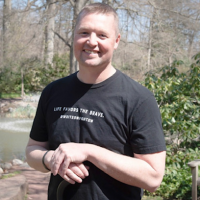Jay Armstrong Interview Published on: 12, Dec 2022
 What is your most cherished childhood memory?
What is your most cherished childhood memory?
When I was 5 or 6 years-old, my mom called me in from outside for lunch. I told her I would be right in. But I was riding Big Wheel bikes with the neighborhood kids. I didn’t come inside until mom called me again, this time for dinner. I often think about this because as an adult I want to lose track of time the way I did as a kid. Even though I no longer ride Big Wheels, I lose track of time when I write. And so that is one reason why I write.
Since you have been a former high school English teacher, did it help you in your writing career?Yes, big time! It allowed me to understand the writing process, from brainstorming to editing. I learned strategies and techniques to teach my students that became cornerstones of my personal writing process.
How did you get started as a beginner public speaker?Before I started doing public speaking events, I was a stand-up comedian. I like interacting with people on an emotional level. Whether it’s laughing, crying, or thinking I always enjoyed making people feel something.
What should everyone know about writing memoirs?They are not easy to write. They require deep self-examination, which isn’t always pleasant. And when you self-examine for long periods there arises feelings of doubt and unsureness. You begin to question who you are and your worthiness. You want to be willing to press beyond those feelings and believe in yourself and your story.
When and how were you inspired to write your book, Bedtime Stories for the Living?Ever since I was a child I wanted to write a book. Yet I could never figure out a story worth writing. I dragged my feet and convinced myself I’ll write when I’m older. Then at 33 years-old I was diagnosed with an incurable, progressive brain disease. My life became suddenly urgent. If I wanted to finally write a book it had to be now. Yet it was during the initial days of my diagnosis that I fell in love with my story. I realized it was my own story that deserved to be told.
What inspired you to start writing with a passion in 1996?A simple writing assignment in high school English class did it for me. We had to write as if we were an innocent woman being accused of being a witch during the Salem Witch Trials. I loved the challenge and drama of that scenario. I loved how I was forced to really develop a writing voice. And I loved how when my teacher handed back my letter she told me to, “keep writing.”
What are the challenges of being an award-winning author?Not being able to go to the supermarket without being hounded for autographs. No, that has never, ever happened. However, I was stopped by a few kids who know my son and they asked me the name of my book. I told them “The Great Gatsby.” They told me they never heard of it.
But the biggest challenge is getting over the awards, accolades, and egotism and simply beginning again. The blank page can be quite terrfying.
What do you think of some book marketing strategies like book trailers, giveaways, etc?After I finished “Bedtime Stories for the Living” I quickly learned I had to market my book and that I know nothing about book marketing. To shift from writer to marketer is difficult. However, there are myriads of online tools that help you to market your book and find new audiences. The best strategy I learned was that you have to be willing to give away free copies of your book. If people read a free copy they are more likely to recommend the book to their circle.
Do you have a specific routine for writing that you follow? Or do you prefer to like whenever and wherever?My routine is:
Monday: I spend the morning doubting myself and thinking I will never write again. However, around lunch time story scraps begin to visit me. I write these scraps down. I spend the rest of Monday collecting these scraps and I go to bed hopeful, I might write again. Tuesday: I begin going through the scraps and find one that has potential. I NEVER delete a scrap that I don’t think has potential. I have learned that a scrap in January might find its shine in July. I spend the day focusing on a scrap that I like and that I think someone else might too. Wednesday: I’m Shakespeare and Steinbeck and Hemingway and every other dead white guy writer. I try not to schedule anything on Wednesday. I dedicate the entire day to writing. Usually I write for 8 to 12 hours. Some Wednesdays, if the writing is going well, I won’t even eat. And so it’s no coincidence I named my muse Wednesday. Thursday and Friday: These days are dedicated to editing and revising Wednesday’s work. It’s during these days when I give my writing my unique flair. Maybe some jokes about dad jeans or buying supermarket sushi. Saturday and Sunday: I might make some tinkers to my writing but the weekend is reserved for reading, book promotional work, and spending time with my family.
Which movie inspires as well as disheartens you?Saving Private Ryan.
What is something that you read recently and is worth sharing?When I taught, William Stafford’s poem “The Way It Is” was tacked behind my desk. Since retiring, I now keep that poem printed on my bookshelf. It is so reassuring, especially to writer’s who often struggle for validation. It inspires me when Monday’s doubt peaks.
What is the process of writing a memoir?A memoir, unlike an autobiography, is a deep look in to one facet of a person’s life. For me, I wanted to write a memoir about how my progressive brain disease affected me as a husband and a father. So once I established what the memoir was going to be about, I had to investigate that part of my life closely. Like with a fine tooth comb and a magnifying glass. To write a memoir, you must become a private investigator.You must willingly go back to past scenes and look for clues and details that you once missed.
What is a piece of helpful advice for people who are interested in writing their memoirs?Write short scenes. I kept each scene in my book under 1,000 words. With a self-imposed word limit, my writing became more focused and sharper. By decreasing my word count I was increasing the quality of my writing.
Are you working on anything at the present you would like to share with your readers?I am working on a new memoir about resilence. I have one reason (my brain disease) why I should give up. Yet I have hundreds of reasons why I should keep going. I am writing a book about why I should keep going.
When did you join AllAuthor? What do you think of the experience so far?I joined AllAuthor in December 2021 when my book came out. It has been a great experience. It has introduced my book to new audiences and has introduced my to similar writers.It’s a great networking tool!
Share Jay Armstrong's interview
A writer, speaker, former high school English teacher, and award-winning author, Jay Armstrong always enjoyed making people feel something. He was also a stand-up comedian. Ever since he was a child he wanted to write a book. His memoir, Bedtime Stories for the Living won first place in the non-fiction/parenting category of the International Readers' book contest. He enjoys reading, writing, and exercising.
 Bedtime Stories for the Living: A Father's Funny and Heartbreaking Memoir About The Power of Pursuing Your Dreams
Genre: Biographies & Memoirs
Bedtime Stories for the Living: A Father's Funny and Heartbreaking Memoir About The Power of Pursuing Your Dreams
Genre: Biographies & Memoirs

